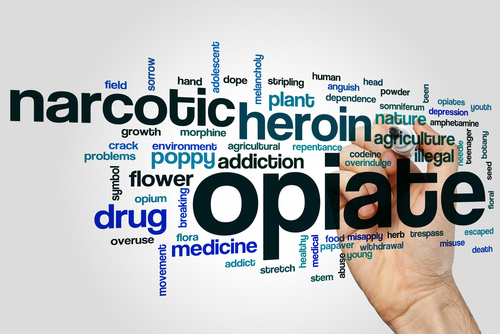Do Detox Diets And Cleanses Really Work?
We all encounter substances that may have toxic effects when overexposed. Some of the most common sources of exposure include air pollution, water contamination, cleaning supplies, and food additives. Detoxification is explained as “the body’s process of taking fat-soluble compounds and transforming them into water-soluble substances it can then pee, poop or sweat out.” Science Daily explains that “a detox diet is a dietary regimen involving a change in consumption habits in an attempt to detoxify the body by removal of toxins or other contaminants.” Detox diets may involve a single process or a variety of approaches. They vary in intensity and duration and can range from total starvation fasts to simpler food modifications. Still, according to Healthline, most detox diets involve fasting, eating specific foods, avoiding harmful ingredients, and/ or taking supplements. It would be impossible to claim that detox diets are universally effective, as every person is unique with different circumstances and distinct needs.
Several aspects of detox diets (e.g., avoiding environmental toxins, exercising, eating nutritious food, drinking water, limiting stress, etc.) can help to enhance your health and wellness. The Journal of Human Nutrition and Dietetics alleges that detox diets may improve the way one’s liver eliminates toxins from the body. They are also claimed to help with various health problems, including obesity, digestive issues, autoimmune diseases, inflammation, allergies, bloating, and chronic fatigue. As is true with any kind of physiological intervention, depending on one’s desired outcome detox diets can be effective for some people, and can be equally ineffective for others. Nevertheless, the body is well-equipped to naturally eliminate harmful toxins and does not necessarily require adhering to a specific diet to rid the body of toxins.
What Does Research Say?
The National Center for Complementary and Integrative Health (NCCIH) points out that the small number of human studies on the efficacy of detox diets and cleanses have been of low quality. A 2015 review concluded that there was no compelling research to support the use of detox diets for weight management or eliminating toxins from the body. A 2017 review found that detox diets can lead to initial weight loss because of low caloric intake but tend to lead to weight gain once a person resumes a normal diet. Many detox foods and supplements do not have any scientific basis, because there is a significant lack of regulation and monitoring in the detox industry. Further, certain components of detox diets (e.g., fasting for long periods, restricting calories heavily, and taking certain dietary supplements) can lead to adverse health effects, such as nutrient deficiencies, weakness, mood changes, dehydration, and more. There have been no scientific studies on long-term effects detox diets.
For Information and Support
Substance abuse and addiction can be incredibly dangerous and can result in severe short and long-term consequences. If you or someone you know is suffering from substance abuse or addiction, please get help as soon as possible. The earlier you seek support, the sooner you and your loved ones can return to leading happy, healthy, and fulfilling lives. There is no reason to go through this alone, and we are here to help. Please feel free to reach out to us for further information or with any questions regarding substance abuse or addiction. We are available anytime via telephone at: 213-389-9964, or you can always email us at: info@friendlyhousela.org.



